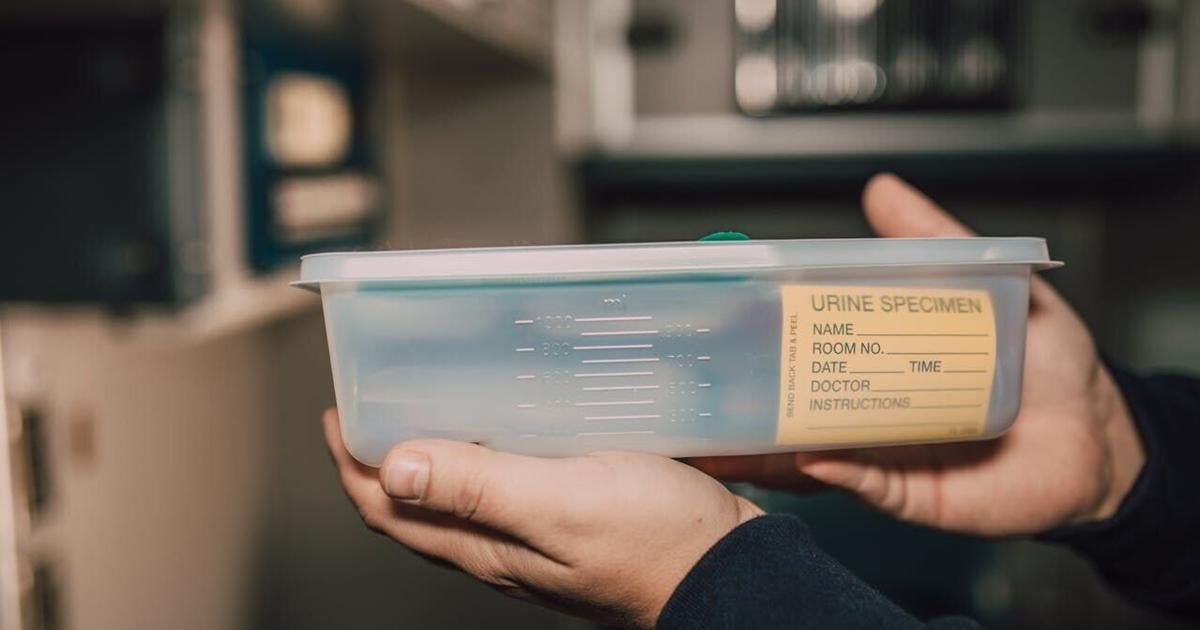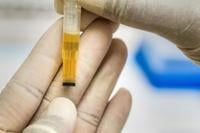(Photo by RDNE Stock project via Pexels)
By Stephen Beech
Dementia warning signs can be detected by a simple urine test, according to new research.
The study shows that people with higher levels of the protein albumin in their urine are at increased risk of developing the debilitating condition.
Although age remains the biggest risk factor for developing dementia, researchers have increasingly shown that diseases in other parts of the body – such as the kidneys – can also affect the brain.
Swedish researchers showed in the new study that people with higher levels of albumin in their urine – an abnormal condition known as “albuminuria” – are at increased risk of developing dementia later in life.
The association was strongest for vascular dementia – the second most common form of dementia after Alzheimer’s disease – and for mixed dementia, which combines features of vascular dementia and Alzheimer’s disease.
Study author Dr. Hong Xu, of the Karolinska Institute in Sweden. (Ulf Sirborn via SWNS)
The study, published in the Journal of Internal Medicine, included 130,000 older adults in Stockholm, all over the age of 65 and free of dementia at the outset.
During a follow-up period of around four years, 7% of the participants developed dementia.
After taking into account kidney function and other factors, the researchers found that people with moderate levels of the protein albumin in their urine had a 25% higher risk of developing dementia. In comparison, those with high levels had a 37% higher risk compared to people with normal levels.
Study author Dr. Hong Xu, of the Karolinska Institute in Sweden, said: “The kidneys and the brain may seem like very different organs, but they share an important characteristic: both depend on a delicate network of small blood vessels.
CDC
“When the blood vessels in the kidneys are damaged, the same process often occurs in the brain.”
She explained that an important component is the blood-brain barrier, a protective layer that prevents harmful substances in the blood from entering the brain.
Just as a damaged kidney filter leaks proteins into the urine, a damaged blood-brain barrier allows toxins and inflammatory molecules to enter the brain tissue.
Over time, that increases the risk of vascular damage, inflammation, and accumulation of harmful proteins linked to dementia.
Dr. Xu said: “These results underscore the importance of routine screening for albuminuria as part of early dementia risk assessment, especially in patients with high blood pressure, diabetes, cardiovascular disease, or kidney disease.”
She added: “Early detection of albuminuria could potentially delay or prevent the onset of dementia.”





